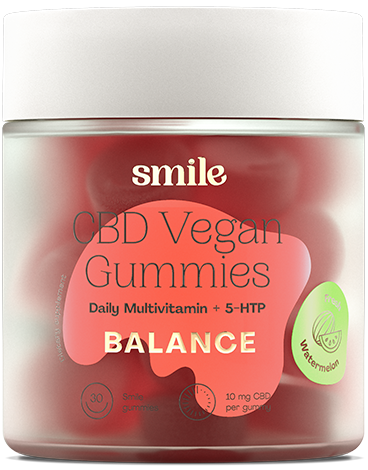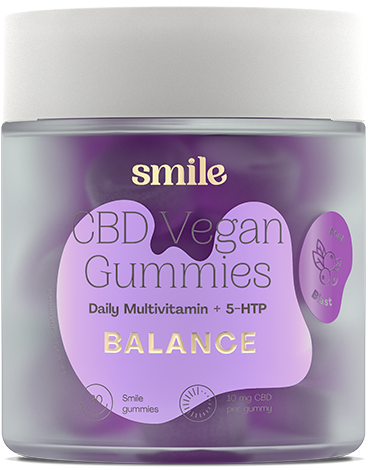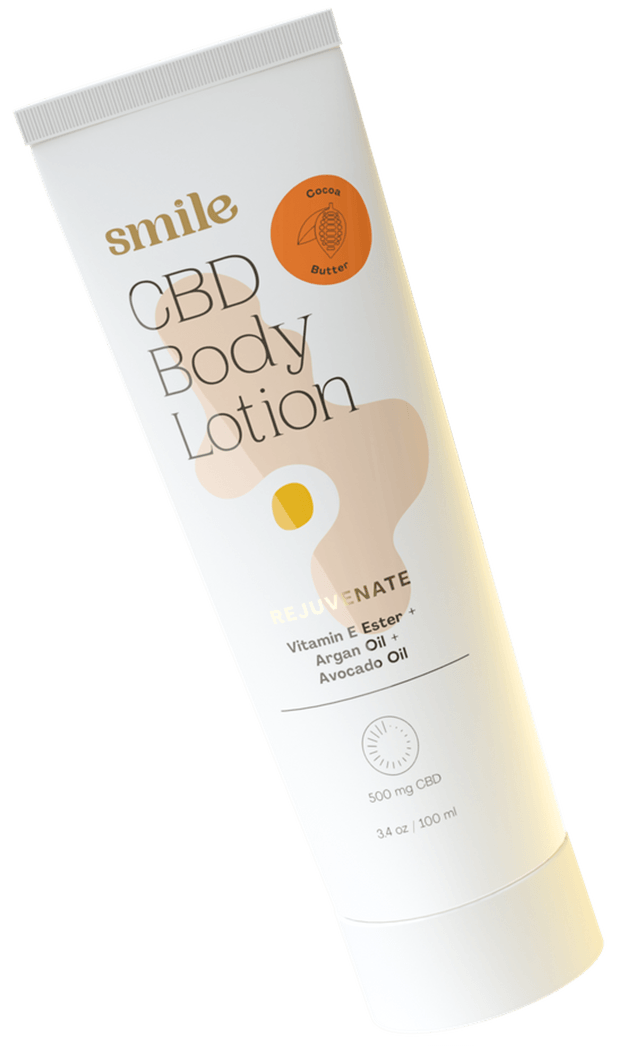Vitamin A refers to any of a number of fat-soluble compounds that are essential for many processes in your body, from the functioning of your immune system to healthy vision and proper growth and development.
The health benefits of vitamin A include protecting your eyes from blindness and age-related degeneration, supporting your body’s natural defenses and decreasing the risk of bone fractures.
Most people get enough vitamin A from their diet alone. The active form of this essential nutrient, called retinoid, comes from animal products. Beta-carotene, the second type of vitamin A, comes from plants. Plant-based beta-carotene is an important antioxidant.
However, people may have vitamin A deficiencies if they have certain diseases, such as digestive disorders. If you’re taking CBD for these digestive orders, you should talk to your doctor about adding vitamin A supplements to your CBD intake. Hemp seed oil can also provide an important precursor to vitamin A, carotene, in addition to a number of other antioxidants.
Vitamin A plays a central role in maintaining healthy vision. In fact, you need vitamin A to convert the light that hits your retina into electrical signals to send to your brain. Therefore, one of the first signs of a deficiency of vitamin A is a difficult seeing at night. Ensuring proper intake of vitamin A also helps slow the decline in eyesight some people experience as they grow older by reducing their risk of developing advanced macular degeneration.
To support the proper functioning of the immune system, your body needs vitamin A to help produce functioning white blood cells. White blood cells capture and eliminate bacteria and other infectious agents from your bloodstream. Therefore, having low vitamin A can lead to a weakened immune system that is less able to respond to infection. It can even slow your recovery from illness.
Vitamin A deficiencies have also been linked to poor bone health. People with lower blood levels of this vitamin tend to have a higher risk of fracturing their bones than people with healthy levels. But it’s important to note that levels of vitamin A need to be in their proper range to promote bone health. In other words, having too much of it can also increase the risk of bone fractures. Researchers are still studying how exactly vitamin A relates to bone health. We do know, however, that strong bones need key nutrients like vitamin D and calcium and protein.
Resources
The Effect of Vitamin A on Fracture Risk: A Meta-Analysis of Cohort Studies — 2017


